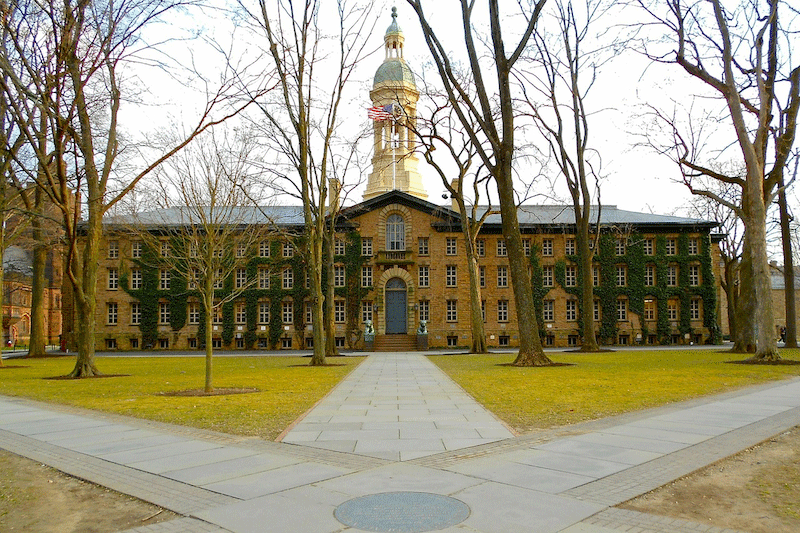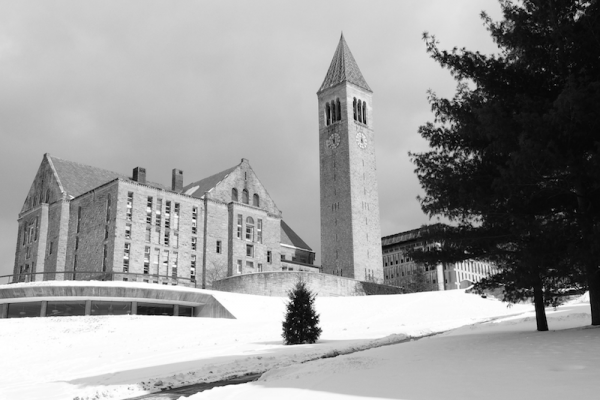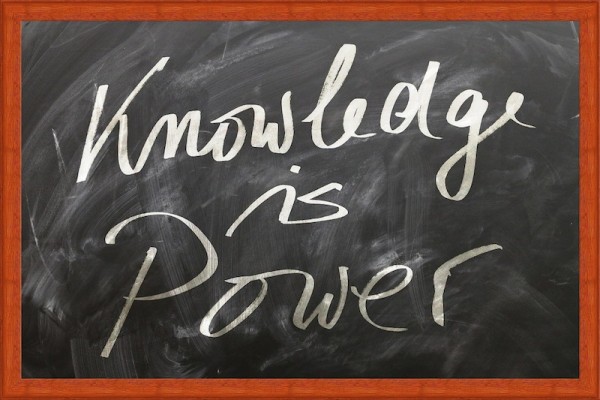I was lucky enough to get some time to sit down and interview Jason, a graduate of Brown University, who had lots of insightful advice on applying to Ivy League schools. Jason double majored in Engineering and International Relations, which has enabled him to move from the US, to New Zealand, and eventually Perth, where he is currently earning his Master of Engineering degree.
Q: What advice would you give to someone applying to an Ivy League school?
A: “The essay DOES count! Write what you think. It makes no sense trying to write what you think people want to hear.
My school was part of the IB program. In fact, anyone that got into an Ivy League school from my high school was in the IB program. So, that was definitely an important thing to do.
Challenge yourself in your coursework, getting a B isn’t the end of the world.
Don’t stress too much over your applications, cause stress will come through in your essay and in the application.
College acceptance is kind of like a social hierarchy in terms of what school you get into. You may think you know what you want, but things might change.”
Q: What kinds of extracurriculars did you do in high school?
A: “I was the captain of the wrestling of the team and captain of the cross country team, even though I was one of the slowest people on the team, hehe. I also volunteered as an assistant at my elementary school school for two summers. Volunteering there gave me the opportunity to be a chaperone on a class trip to India, which was pretty cool. But, I never went overboard crazy in extracurricular stuff.”
Q: How were your grades in high school?
A: “I never got straight A’s, it was more like straight B’s with an occasional A. But I took all AP classes. I think, in terms of applying, if you want to stand out, it’s not about quantity, but doing things you think will expand yourself.
Life is not always gonna be A’s.
I’ve seen people at Brown freak out when they got their first B, and then would drop a class cause they thought it would ruin their GPA. It’s not about doing the best, it’s about what you do when you realize you aren’t the best at this moment and how you react to it.”
Q: What was your application essay about?
A: “I wrote two different essays; one was about leadership and all the things I thought admissions officers wanted to hear, and the other was a personal anecdote about the Beatles song ‘I will’.
Basically, I was with a friend in a Quaker school. I don’t know if you have ever been to one before, but they don’t believe you need a pastor, you can just stand up and speak. A lot of times you sit there in a circle for an hour and nobody speaks. Anyway, I was there, and I was stressing about my college applications, and my friend got up and sang that song. I suddenly forgot about the stress of my applications, and in that moment, I realized this is just one of life’s many hurdles that I would have to climb.
I sent the leadership essay to Princeton and Yale and didn’t get into either, and the anecdote to all the other schools. Every school I sent the anecdote essay to, I got into.”
Q: What are three things you learned at university that you didn’t expect to learn?
“First, I was surprised by the heavy workload the first year, especially in engineering. Everyone thinks engineering is cool, but were turned off by how hard the course was. Say in the class there were 400 people in the first year, by the second year it dropped to 200 and 100 the third year. People would just bail out, by final year, classes were 20 people whereas first year was 400 people.
Second, my family is lower middle class, and so they hadn’t really had to deal with college and stuff. So I had to do all the finances, and I became more adult with that. So it was definitely like a quick course into having a checking account, budget, and all that kind of stuff.
Third, after my first year, I decided to take some time off to gain a world perspective. Luckily, Brown has a very supportive department focused on alternative ways of learning, whether its overseas development, internships, volunteering or even domestic skills; they offer a lot of assistance to help students gain an untraditional outlook and world perspective, and a totally unique education.
After taking time off, I was ready to return to my studies, and felt stronger after traveling and expanding my worldview. Being able to have that opportunity helped me tremendously in terms of academics, career and personal satisfaction. The fact that Brown encouraged that, helped me broaden my world perspective, and encouraged me to move to another country.“






